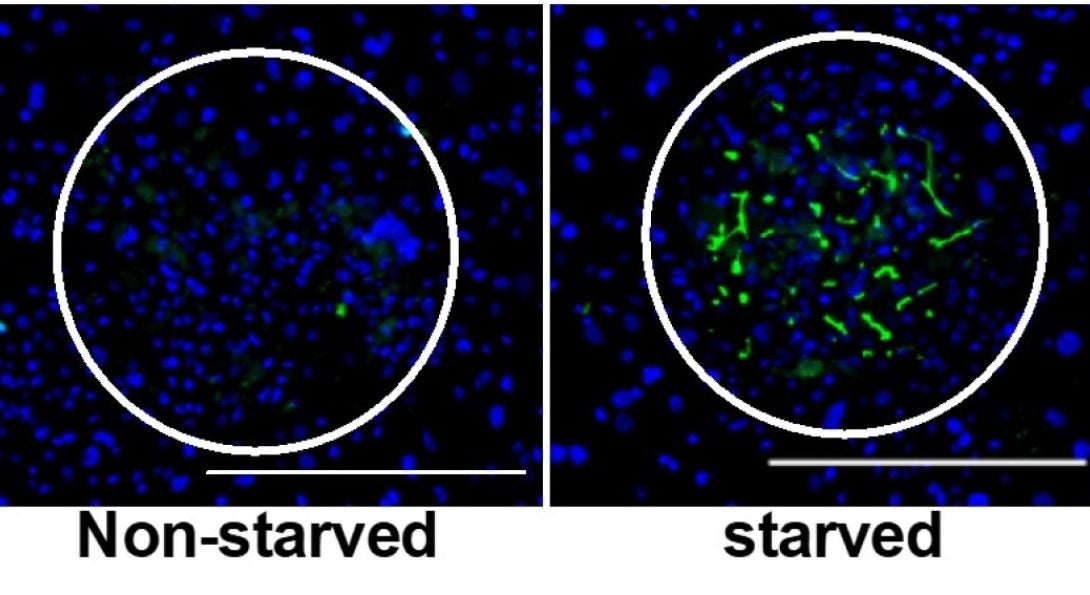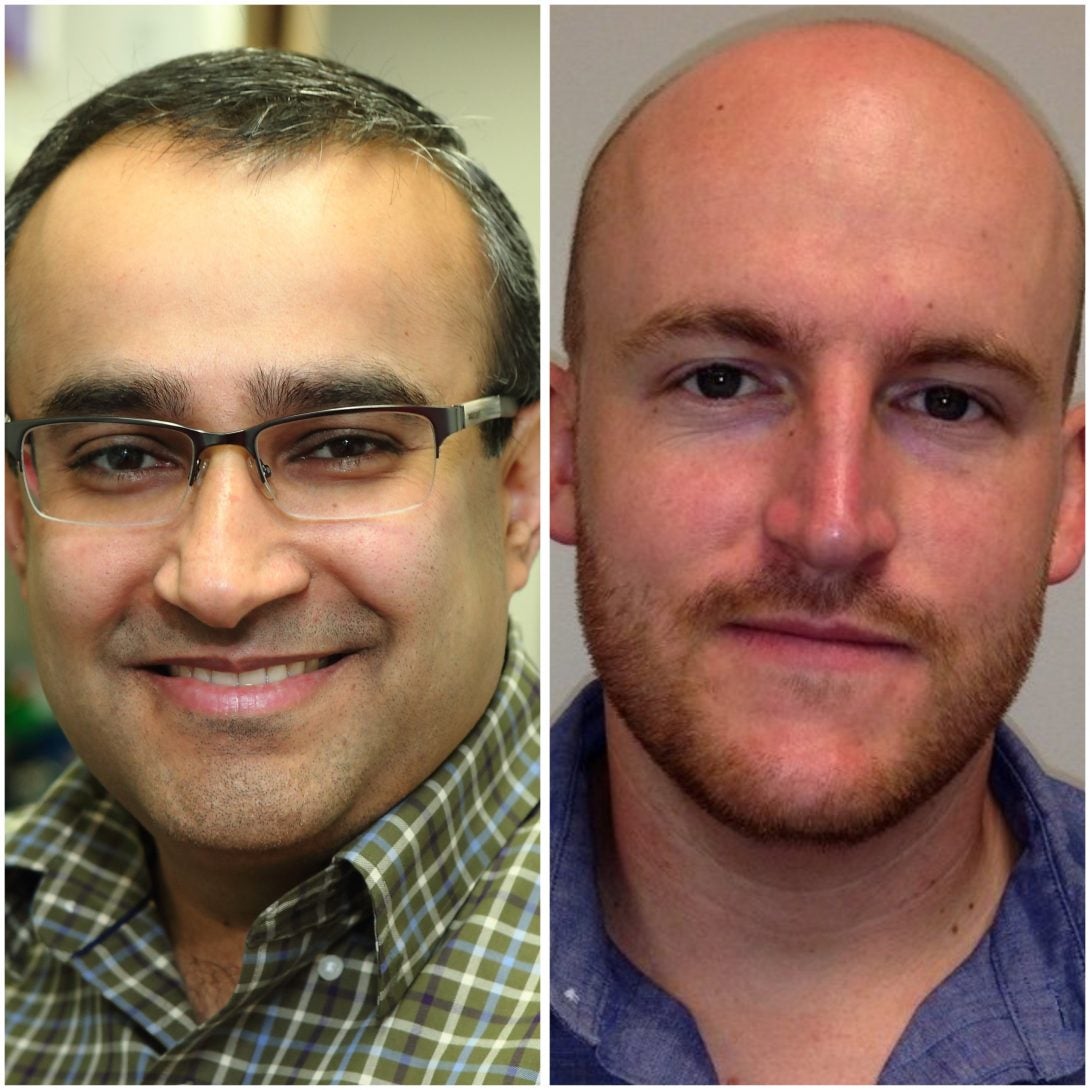Study finds intermittent fasting has benefits at the cellular level

Text block one Heading link

Researchers looking into healthy aging and dieting have been studying the positive benefits of fasting on lifespans and weight loss for years, and now scientists at UIC have found fasting is good for our cells outside of our body as well.
Associate Professor Salman Khetani in the Richard and Loan Hill Department of Bioengineering and graduate student Matthew Davidson published a paper in Toxicological Sciences that showed restricting nutrients to liver cells prolonged their lifespans.
Human liver cells have a lifespan of between 200 and 400 days before they get turned over by new cells in the body, according to Khetani, but when researchers isolate human liver cells and put them into a culture, they only survive for at most 30 days. This hampers scientist’s ability to study diseases and to test drugs on the cells over longer timeframes.
The reason for this shorter lifespan in culture has not been pinpointed yet, but Khetani said they suspected one reason may be the differences in eating and fasting cycles that occur in the body, compared with cells in a dish. He noted humans go through this cycle naturally throughout the day, which causes insulin, fatty acids, and other components to fluctuate.
This differs significantly from the in vitro environment where liver cells are typically provided a continuous supply of high nutrients such as those found in serum and hormones such as insulin.
“Our idea was very simple,” Khetani said. “We thought ok, we are giving these cells all these high energy nutrients, instead of changing the formulation, why don’t we just intermittently starve (fast) the cultures of serum and hormones.”
Davidson and Khetani proceeded to try different timeframes for fasting, finding a schedule that provided serum and hormones to the cells for five days and then removing the nutrients for two days worked the best.
They discovered the cells survived longer by several more weeks past the 30-day mark, and the cells remained viable for drug testing through this extended period.
“That was very encouraging because the shelf life of the liver-cell system has increased significantly,” Khetani said. “This will allow us to look at the chronic effects of drugs on the liver. “If we are looking at six weeks of drug treatment, we don’t have to worry about the cultures changing over those six weeks.”
Those types of tests will come in the future, Khetani said, with this study offering up fundamental knowledge to everyone in the field.
“The biggest novelty of this work is that people think organisms’ lives are extended by intermittent fasting and we found the same holds true for cells. Which means that on the cellular level, we can exploit that,” Khetani said.